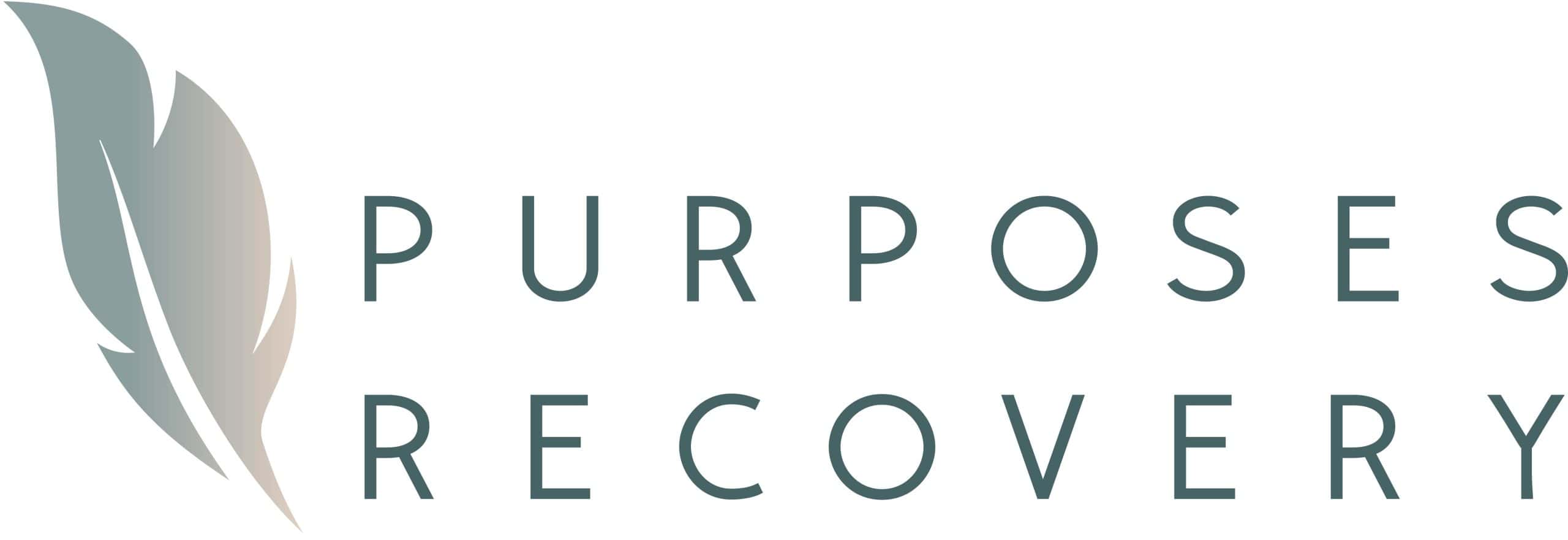Knowing the difference between these terms is a great starting point for understanding how substance use disorders work. In this piece, we’ll outline the meaning of these labels and explore how they’ve evolved over time.
How Does Alcohol Abuse Differ From Alcoholism (Alcohol Use Disorder)?
Alcohol abuse and alcoholism represent distinct but interconnected issues related to alcohol consumption. Alcohol abuse typically refers to patterns of drinking that lead to negative consequences in various aspects of life, such as work, relationships, and legal issues. It involves risky behaviors like binge drinking or drinking despite knowing the harm it causes.
In contrast, alcoholism, also known as alcohol use disorder (AUD), is a chronic condition characterized by an inability to control alcohol addiction. It includes symptoms such as craving, tolerance (needing more alcohol to achieve the same effect), and withdrawal symptoms when not drinking.
Alcoholism often involves physical dependence on alcohol, whereas alcohol abuse may not necessarily lead to dependence. Both conditions can have serious health, social, and psychological impacts, and early intervention and support are crucial for effective alcohol addiction treatment and recovery.
What is Alcohol Use Disorder (formerly Alcoholism)?
Alcoholism is an outdated term used to refer to alcohol use disorder (AUD).
With the introduction of the 5th edition of the Diagnostic and Statistical Manual of Mental Disorders (DSM-V), a classification handbook that helps professionals diagnose mental health disorders, in 2013, alcohol abuse, alcohol dependence, and alcoholism were integrated into a singular diagnosis.
This was done because healthcare officials wanted to reduce the stigma around the condition, which can cause feelings of guilt and shame, preventing a person from seeking help.
The DSM-V categorizes the intensity of a patient’s AUD as either mild, moderate, or severe, depending on the amount of symptoms they experience.
A person with mild AUD has 2 to 3 symptoms, a person with moderate has 4 to 5, while severe has 6 or more. These symptoms match the ones listed for alcohol dependence and abuse, as it is referred to in the DSM-IV (the prior edition of the DSM-V). These symptoms include:
- Trouble sleeping
- Shakiness
- Restlessness
- Nausea
- Sweating
- Racing heart
- Seizures
- Sensing things that aren’t there
However, the DSM-V also adds cravings, in which a person’s urge to have alcohol overrides anything else.
It is important to note that AUD is connected to poor mental health, which can be a risk factor for substance use or arise as a result of it.
What Is Alcohol Abuse?
According to the DSM-IV, alcohol abuse is when drinking begins to interfere with a person’s normal life. With the introduction of AUD in the DSM-V, the term has become outdated. However, it may still be useful to know.
A person struggling with alcohol abuse would find that drinking, and even being sick from drinking, would prevent them from taking care of their home and family. Drinking would also cause problems at work or school. Those who abuse alcohol might find themselves getting into harmful situations while, during, or after drinking, like swimming, driving, using machinery, walking in a dangerous area, or having unsafe sex. They continue to drink, even if the behavior is causing trouble with friends and family.
The DSM-IV adds that a patient is likely experiencing AUD if they have been arrested, held at a police station, or dealing with other legal problems as a result of drinking. However, its following edition, the DSM-V, does not include this criteria.
Essentially, alcohol abuse means that a person has begun to misuse alcohol in a way that interferes with their daily life, but in the short term. Though they may drink excessively, it doesn’t follow that they are necessarily dependent. However, alcohol abuse is part of an unhealthy pattern that has room to escalate to dependence.
Symptoms of Alcohol Use Disorder
Symptoms of AUD can vary in severity and may include:
Alcohol Cravings
A strong desire or urge to drink alcohol or increase your alcohol intake.
Loss of Control
Inability to limit alcohol consumption or the number of alcoholic drinks, or stop drinking alcohol once you start drinking. Moderate drinking is never an option, instead you tend to binge drink with five or more drinks in a session.
Alcohol Tolerance
Needing more alcohol to achieve the desired effect or experiencing diminished effects with continued use of the same amount.
Alcohol Withdrawal Symptoms
Physical or psychological symptoms that occur when alcohol misuse is reduced or stopped, such as tremors, sweating, anxiety, nausea, or insomnia.
Neglecting Responsibilities
Prioritizing drinking or your addictive behaviors over obligations at work, school, or home.
Continued Misusing Alcohol Despite Consequences
Persisting in heavy drinking despite knowing the inability to control drinking causes problems in relationships, health, or legal issues.
Loss of Interest
Diminished interest in activities or hobbies that were once enjoyable due to compulsive drinking.
Time Spent
Spending a significant amount of time obtaining alcohol, binge drinking, or recovering from its effects.
Social or Interpersonal Problems
Arguments, conflicts, or isolation due to drinking behavior.
Risk-Taking
Engaging in risky behaviors while partaking in compulsive alcohol use, such as driving under the influence.
These symptoms can range from mild to severe and may indicate the presence of an alcohol problem or warning signs of alcohol addiction. Seeking professional help is important for accurate diagnosis and appropriate treatment, which may involve therapy, medications, support groups, or a combination of these approaches to support recovery from AUD.

Symptoms of Those Who Abuse Alcohol
Alcohol use disorder (AUD) and alcohol abuse differ in severity and symptoms. The above-mentioned symptoms of AUD are present with alcohol abuse; however, in contrast, AUD, or alcoholism, is a more serious condition marked by increased tolerance, a loss of control over when you consume alcohol, and more severe alcohol withdrawal symptoms when not drinking. Key differences include:
Control
Alcohol abuse involves problematic drinking behaviors but does not necessarily indicate a loss of control over drinking. Alcoholism, however, involves a loss of control and an inability to stop drinking despite efforts to do so.
Physical Dependence
Alcoholism typically involves physical dependence, where the body has adapted to alcohol and experiences withdrawal symptoms when alcohol use is reduced or stopped. This is not a defining feature of alcohol abuse.
Severity
Alcoholism is considered a more severe form of alcohol use disorder due to its chronic and compulsive nature, whereas alcohol abuse may vary in severity and can sometimes be a precursor to alcoholism.
Identifying these symptoms early and seeking support can help prevent alcohol abuse from progressing to more severe conditions like AUD and can facilitate healthier drinking habits and lifestyle choices.

What is Alcohol Dependence?
According to the Centers for Disease Control and Prevention (CDC), alcohol dependence is a chronic medical condition that typically includes a current or past history of excessive drinking and a strong craving for alcohol. Also, a person with these drinking habits will continue to use despite a pattern of problems with drinking and will be unable to control alcohol consumption.
The DSM-V let go of this term along with alcohol abuse.
With alcohol dependence, the substance negatively impacts a person’s health. For example, a person who is alcohol dependent experiences symptoms of alcohol withdrawal when the effects of alcohol wear off.
The DSM-IV states that when dependent on alcohol, a person will be unable to cut down on or stop drinking and may drink more or longer than intended. They will spend a lot of time drinking or feeling sick as a result and will even sacrifice pleasurable or important activities in order to drink.
A person with alcohol dependence may continue to drink despite a negative effect on health. This can mean drinking through memory blackouts and adding to existing health problems. This can also include feelings of depression or anxiety.
“AUD is connected to poor mental health, which can be a risk factor for substance use, or arise as a result of it.”
Alcohol Use Disorder and Mental Health
According to the Substance Abuse and Mental Health Services Administration (SAMHSA), AUD and mental health disorders are frequently interrelated. Mental health problems can lead to alcohol or drug misuse when a person uses the substance to self-medicate. Simultaneously, substances can cause people with AUD to experience symptoms of a mental health problem.
More than 1 in 4 adults has both a serious mental health and a substance use disorder. People with depression, anxiety, schizophrenia, or personality disorders are more likely to experience AUD. When a person has both AUD and mental health disorders at once, this is called co-occurring or dual diagnosis.
Because these issues are related, it is crucial to treat alcohol addiction and mental disorders at the same time. By addressing the relationship between these separate diagnoses, a person will be able to recover.
Stay on Track with Purposes Recovery
As awareness of stigma and its effect on recovery has grown, the way we discuss AUD has changed. Alcohol abuse, alcohol dependence, and alcoholism may not be used anymore, but they are still useful for understanding AUD and mental health.
If you or a loved one is struggling with AUD or other forms of substance use disorder, there is no need to feel ashamed. Our luxury rehab in Los Angeles offers inpatient mental health programs to help you get on track. Call our toll-free number, 888 482 0717, or fill out our online form today to learn more about our luxury detox center in Los Angeles and see how we can help you.



